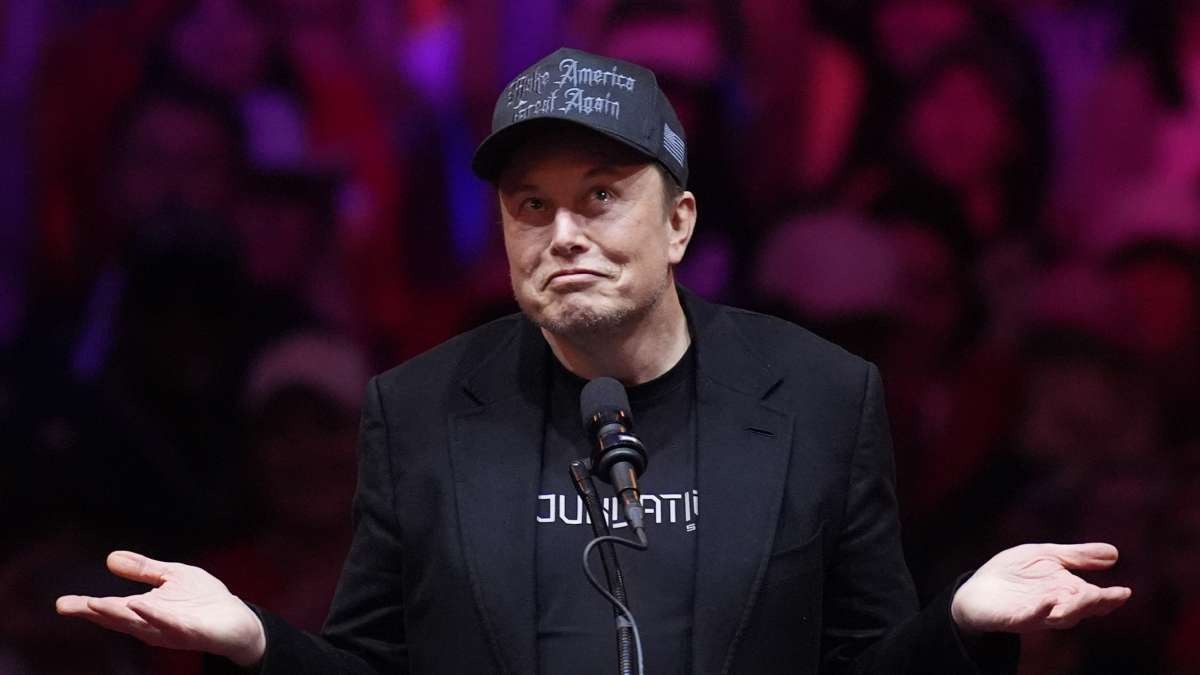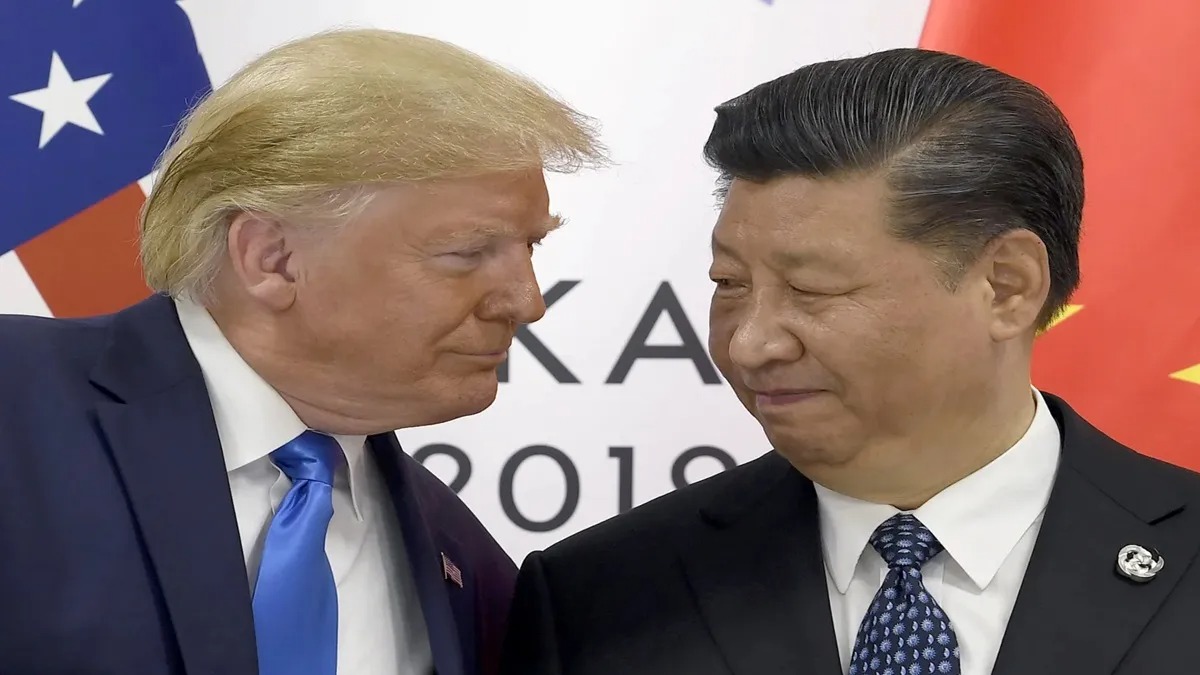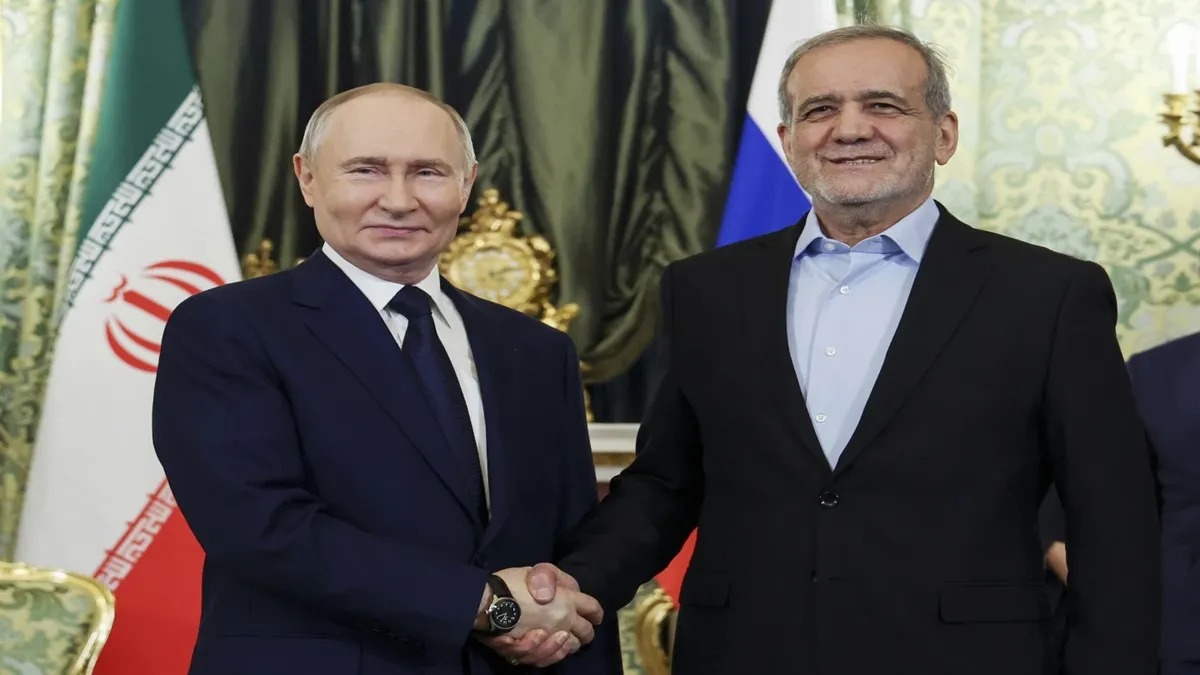
International: Tesla CEO Elon Musk was relieved in a court case related to his 2018 social media post. The case involved a post made on what was then known as Twitter during United Auto Workers organising efforts at a Tesla facility in Fremont, California. After tweeting his post on Twitter (Now, X), Musk had deleted it. A sharply divided federal appeals court ruled that a federal agency was wrong to order that Musk delete a 2018 social media post that union leaders saw as a threat to employee stock options.
What was the controversial tweet?
On May 20, 2018, Musk tweeted against United Auto Workers, “Nothing stopping Tesla team at our car plant from voting union. Could do so tmrw if they wanted. But why pay union dues and give up stock options for nothing? Our safety record is 2X better than when plant was UAW & everybody already gets healthcare.”
National Labor Relations Board went against Musk
The National Labor Relations Board said it was an illegal threat. After Tesla appealed, three judges on the 5th US Circuit Court of Appeals in New Orleans upheld that decision, as well as a related NLRB order that Tesla rehire a fired employee, with back pay.
But Tesla sought a rehearing, and the full 5th Circuit later threw out the earlier decision and voted to hear the matter again. In an opinion dated Friday, the judges split 9-8 in favour of Tesla and Musk.
“We hold that Musk's tweets are constitutionally protected speech and do not fall into the categories of unprotected communication like obscenity and perjury,” the unsigned opinion said.
The majority also found the NLRB must reconsider its order that the fired employee be reinstated, saying there was no proof that the person who fired the worker acted out of ill will toward the union.
The 11-page opinion was followed by a 30-page dissent on behalf of eight judges, written by Judge James Dennis.
“Relevant here, the Supreme Court has consistently held that the First Amendment does not protect threatening, coercive employer speech to employees in the labour organisation election context— the precise category of speech Musk disseminated via Twitter," Dennis wrote.
He also argued that the attitude of the supervisor who fired the worker was not relevant to whether he should be reinstated. The worker, Dennis wrote, “was fired for declining to divulge information about protected union activities during an interrogation.”
The ruling sent the case back to the NLRB for further action. It was not immediately clear if there would be an appeal to the US Supreme Court. The Associated Press sent an email to the UAW Tuesday seeking information on the union's next move.
--Advertisement--

 Desk
Desk Share
Share






